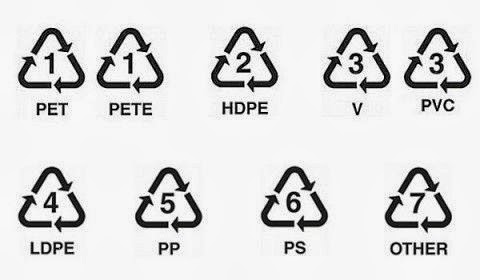Ciencia, IQ y Capital Humano, como factores de crecimiento y desarrollo económico
En el primer gráfico (Who is the next generation of scientists?), podemos apreciar la participación según el sexo en las ciencias (2009), donde las mujeres han ganado terreno a los hombres en ciencias como: psicología (77%), biología (60%), sociales (54), agricultura (51%), química (50%).
Para los interesados en el tema del IQ, aquí les dejo algo de lo más interesante, ¿tiene relación el IQ con la riqueza de las naciones?: Race, IQ, and Wealth: What the facts tell us about a taboo subject.
La verdad, que una lectura en inglés de lo más interesante, recomendado. Aquí un resumen del texto anterior con más links de respaldo: The new Ron Unz piece on IQ.
Siguiendo con el tema de la inteligencia como capital humano, y por tanto, una fuente de crecimiento y desarrollo económico para los países que lo saben emplear, aquí un artículo, sobre el trato que se les da a las jovenes mentes brillantes en el mundo y su comparación con el desaprovechamiento que se les da en España: No subestime al genio adolescente.
Para los amantes de la ciencia, aquí les dejo una de las curiosidades que se crean en Internet, según dicen, no se sabe si salío de Microsoft o de Google: The Two Egg Problem.
Aquí les dejo, un paper sobre la inovación farmaceutica:
Frank R. Lichtenberg (2012): Pharmaceutical Innovation and Longevity Growth in 30 Developing and High-income Countries, 2000-2009. NBER Working Paper No. 18235.
Abstract:
We examine the impact of pharmaceutical innovation, as measured by the vintage of prescription drugs used, on longevity, using longitudinal, country-level data on 30 developing and high-income countries during the period 2000-2009. We control for fixed country and year effects, real per capita income, the unemployment rate, mean years of schooling, the urbanization rate, real per capita health expenditure (public and private), the DPT immunization rate, HIV prevalence and tuberculosis incidence.
Life expectancy at all ages and survival rates above age 25 increased faster in countries with larger increases in drug vintage. The increase in drug vintage was the only variable that was significantly related to all of these measures of longevity growth. Controlling for all of the other potential determinants of longevity did not reduce the vintage coefficient by more than 20%. Pharmaceutical innovation is estimated to have accounted for almost three-fourths of the 1.74-year increase in life expectancy at birth in the 30 countries in our sample between 2000 and 2009, and for about one third of the 9.1-year difference in life expectancy at birth in 2009 between the top 5 countries (ranked by drug vintage in 2009) and the bottom 5 countries (ranked by the same criterion).
Desde la prestigiosa Universidad de Princeton nos hablan de el próximo proyecto en África: Introducing the African School of Economics
The [African School of Economics] ASE will meet the urgent need for an academic institution capable of generating the necessary human capital in Africa. Although the region has seen significant improvements in primary and secondary education in the past few decades there is still a pressing need for advanced education centers. Through our PhD programs, we hope to provide the missing African voice in many Africa-related academic debates. Furthermore, through our Master in Business Administration (MBA), Master in Public Administration (MPA), Executive MBA and MPA (EMBA and EMPA), Master in Mathematics, Economics and Statistics (MMES), and Master in Development Studies (MDS) programs, we will provide the technical capacity that will enable more Africans to be hired into top management positions in development agencies and multinational corporations operating on the continent. This will foster sustainable hiring practices that will retain talent and experience in Africa.
Finalmente, aquí les dejo una infografía sobre el precio de los metales más raros en el planeta:




Comentarios